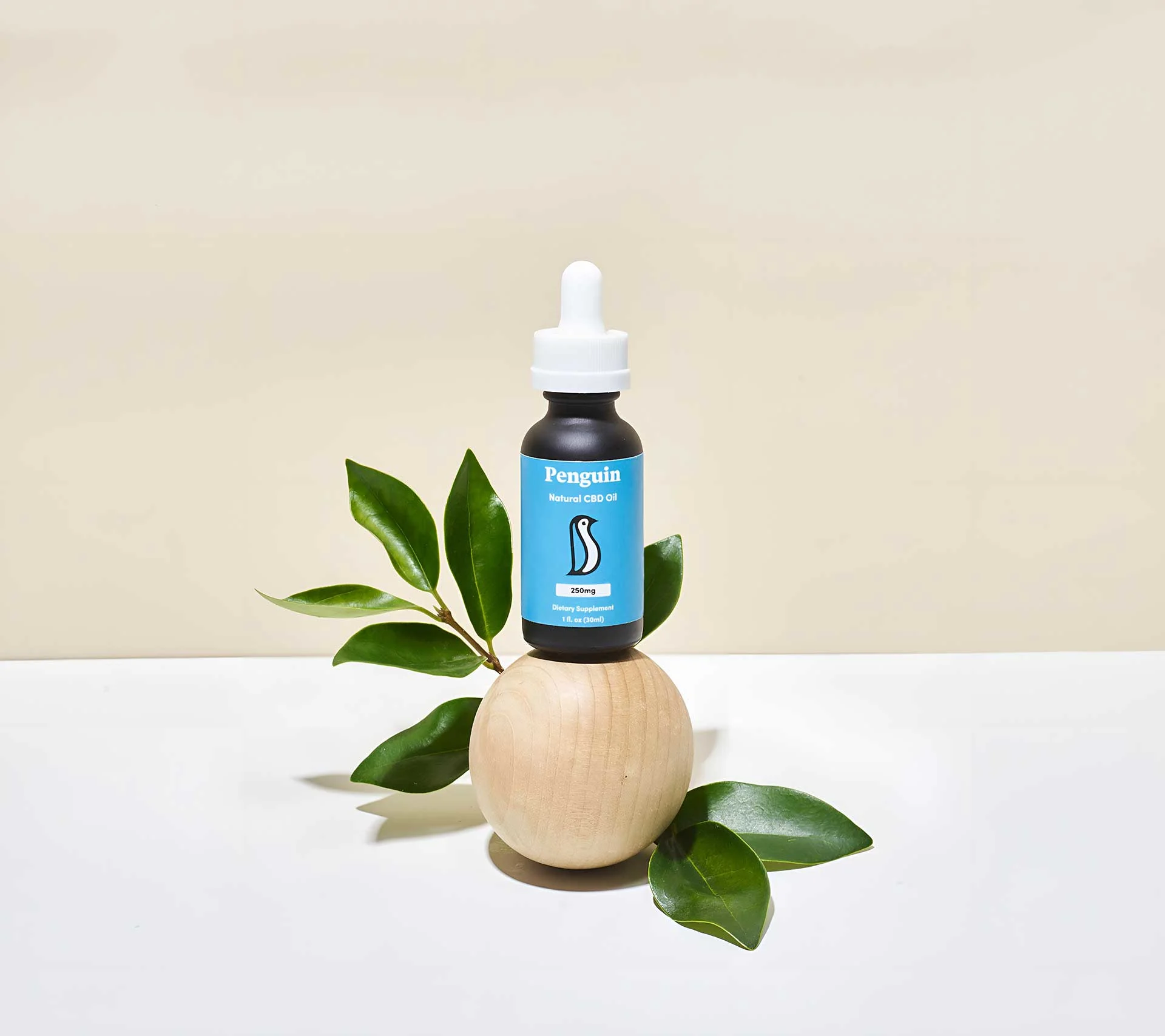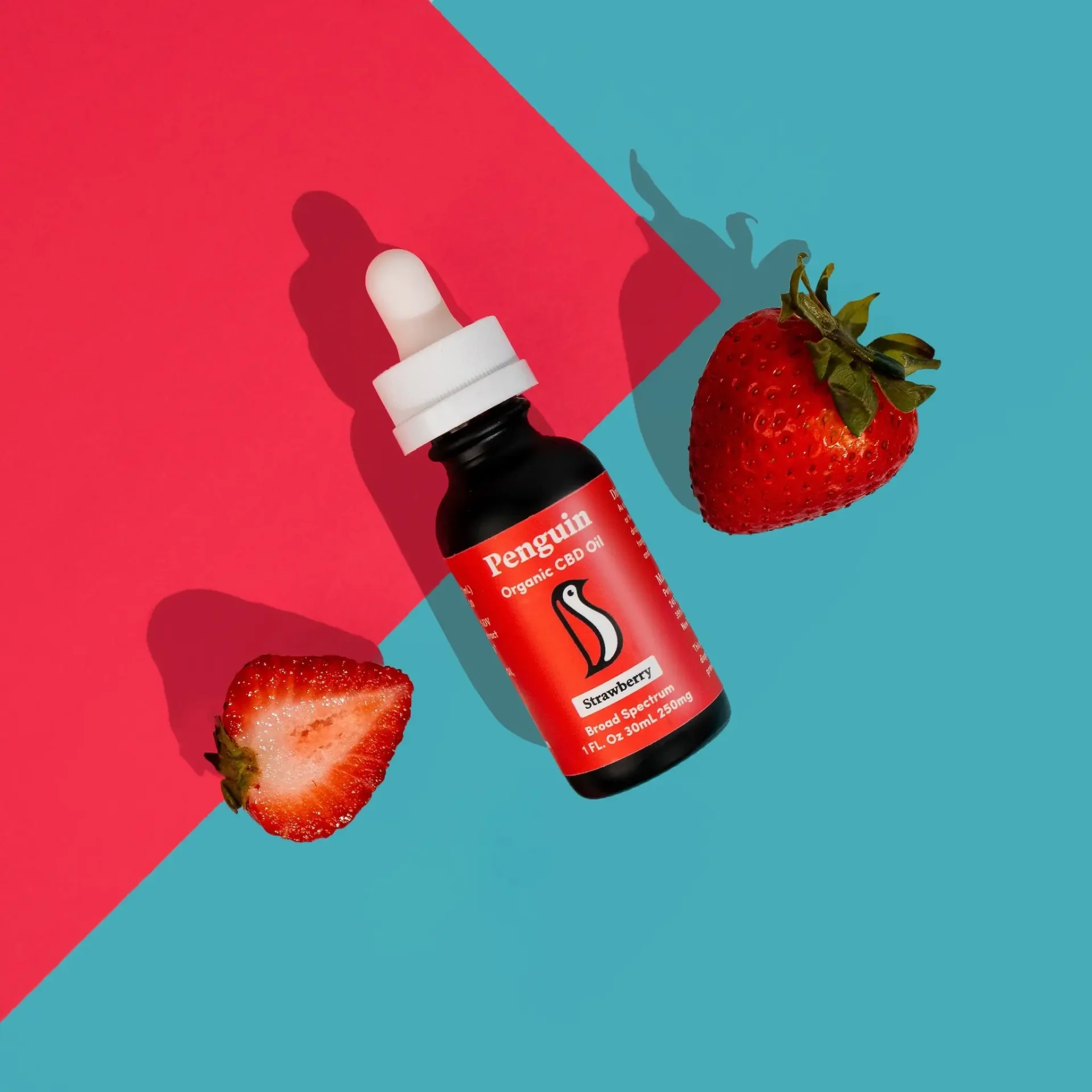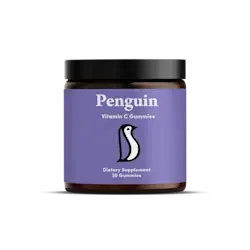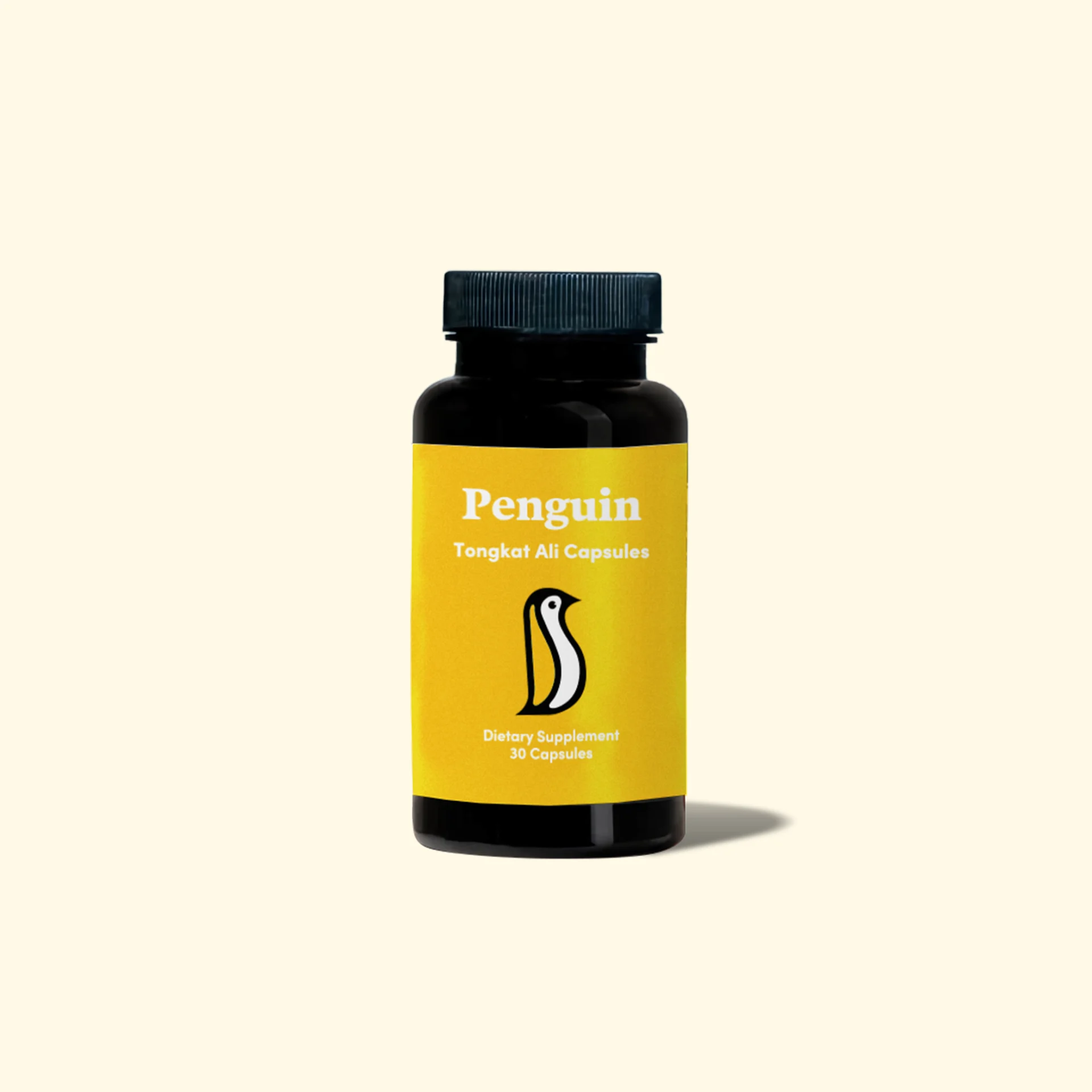Does CBD Oil Expire? 8 Things to Know
 By Penguin CBD
By Penguin CBDLike most manufactured products, CBD oil has a shelf life, so yes, it can expire. There is a window period in which the oil is more effective. So, the real question is “How long can CBD oil last?” The answer lies in several factors, ranging from the quality and classification of the starting material to the finished product’s packaging and storage.
However, it takes a while for CBD oil to expire, and when it happens, it is usually due to neglect. Different formulations affect the shelf life. Most hemp oils have a range of one to two years. If it gets to the end of its shelf life, it is rendered less efficient.
Taking proper care of CBD products will preserve their cannabinoid contents. Proper storage will ensure that they remain fresh and effective, though it is important to note that this depends on the brand and category.
1. The Average Lifespan of CBD Oil
The lifespan of CBD oil varies according to how it is stored. When stored at a warm temperature and exposed to air, the oil can begin to form bacterial clumps. These are visible globs of gunk that build up on the inside of the bottle.
The longevity of CBD oil is affected by factors like infusions and extracts with varying qualities. Some degrade after a brief time, while others might last indefinitely. The consensus is that you should discard any CBD oil after about two years, because the active ingredients may become less active, even if it is stored in an optimal environment.
It is possible to extend the shelf life of your CBD oil by storing it in a fridge and keeping it away from heat or light. You should frequently rinse the cap and dropper with warm water, if applicable.
2. Where to Buy CBD Oil
When it comes to purchasing CBD oil, you should patronize credible vendors or sites that take the time to explain the process involved in the production of their CBD oil.
Buy CBD oil from vendors that are recognized and certified by government agencies like the FDA or allied establishments. That way, you will avoid purchasing CBD oil that is rancid or has a change in color and texture.
If the bottle has a residue, there is a high chance that it is expired. Look at the expiry date at the point of purchase. If it has stayed on the shelf long after the date, or if the date is drawing near, avoid it.
3. The Impact of the C02 Extraction Method on CBD Oil
Although there is no standard method of extraction, one way of extracting CBD oil from the Cannabis sativa plant includes the use of naturally occurring CO2. This method is preferred because the quality of CBD produced is better. Other materials like flavonoids, phytochemicals and terpenes are extracted using this method. It involves the use of closed, pressurized chambers, each containing a different component.
The hemp plant is contained in one chamber, while the carbon dioxide (CO2) goes in another. When CO2 enters the chamber containing the hemp plant, the CBD is separated from the plant and extracted to form CBD oil. Oils made using this method are pure and potent, and last a long time.
4. Steam Extraction
This method applies to the production of a variety of chemicals, especially essential oils. Steam distillation creates a water vapor that is cycled over the hemp plant, leading to the deterioration of the plant’s cell wall, thereby releasing its oils. The oil mixes with the water and is separated afterward. Although some people regard this method as safer and preferable for a more stable CBD, it doesn't yield as much product.
A 2018 research study conducted on the extraction of essential oils of some Cannabis sativa varieties concluded that steam extraction is effective because it does not alter or degrade the extracted oil components.
5. Solvent Extraction
A less popular method involves the use of solvents. The hemp plant is immersed in a bath of solvents that dissolve the plant material. The liquid mixture containing the essential oils and other parts of the plant is filtered through a low-pressure distillation process with alcohol as an extractant. Although this method is quick and relatively inexpensive, the oil produced is not as pure due to trace elements of the solvent used in the distillation process.
As a consumer, you should investigate how the CBD oil you want to purchase is processed. Most people prefer a form with fewer chemical constituents.
6. Storing Your CBD Oil
When it comes to storing your CBD oil, it is best to avoid heat, light and air exposure. When you store your CBD oil properly, it will discourage the degradation of the oil and the proliferation of other chemicals that can destroy it. Moisture, temperature and direct sunlight can affect how long CBD oil will last.
Do not keep your CBD oil on a shelf, close to a window that receives sunlight or in a cabinet with heat-producing appliances. Where possible, keep all CBD oils in a closet that does not exceed 70 degrees Fahrenheit. You may store your product in the fridge, as a study suggests that the variations in chemical levels when the oil is at room temperature compared to a refrigerator are minimal.
The packaging of CBD oil aims to give protection from light. Some consumers take it a step further by wrapping the bottles or containers with aluminum foil. The presence of other minerals can make CBD oil buttery or murky when it comes in contact with heat. If you want to store your CBD oil for an extended period, your freezer may maximize storage life. Be sure to read the product guidelines concerning storage.
It is best to avoid storing your cannabis oil in clear bottles because the UV rays from sunlight can break down some of the oil constituents. Bottles used for storing CBD oil come in various colors; the most common are amber, clear, cobalt blue and green.
The airtight containers come with dosage applicators for oral administration of CBD oils. Air exposure plays a big part in the breakdown of natural cannabinoids. Hence, strive to keep your CBD oil in its original container. If you must transfer it, ensure that the new bottle is suitable for long-term storage. Always snap on the bottle's cap and tighten the lid after use to extend the shelf life. Oxygen contact gradually changes its chemical balance, a phenomenon known as oxidative stress.
7. Regular Users Versus Occasional Users
Regular users of CBD oil do not face challenges with their CBD oil expiration because they consume it long before it reaches its expiry date. However, this is not the case with occasional consumers of the product. For occasional users, the fridge remains a popular choice for storing CBD. However, if the oil gets too cold and thickens, you may have to heat it a little before use.
8. Carrier Oils for CBD
Be mindful of the carrier liquid your CBD oil uses. Hemp and CBD extracts come in a carrier liquid; this liquid is where the concentrated cannabinoid extract is diluted. Carrier oils include hempseed, MCT, olive and coconut oils. CBD oil enthusiasts generally recommend MCT oil and hempseed oil as the best carrier oils for CBD oil.
The real advantage of carrier oils lies in their ability to retain the quality of the CBD oil while ensuring that the level of concentration is diluted to make it consumable. The carrier oil is kept as pure as the CBD oil to avoid contamination or premature expiration. If you want CBD oil that will last long, it largely depends on the carrier oil.
Olive oil contains long-chain triglycerides or LCTs, which are a type of fat found in your blood and stored in your fat cells, and converted to energy between meals. The shelf life of extra virgin olive oil ranges from 16 to 20 months.
Hempseed oil contains eight triglycerides, one of which is trillinol-glycerol, an LCT similar to olive oil. Some CBD brands use hempseed oil as the carrier oil in their CBD products, although the shelf life of hempseed oil is short. It can become rancid in as little as six months, which is the reason most CBD brands don't use it.
MCT oil. MCTs (medium-chain triglycerides) are easily absorbed in the digestive system. This is a product created from palm oil and coconut oil. However, due to issues of deforestation associated with palm oil, most CBD brands prefer MCT created from coconut oil. The shelf life of coconut oil is two years or longer if stored properly.
Concluding Thoughts
Taking proper care of your CBD oil will increase its longevity. Ensure that you take the required steps to store your oil in a place where the constituent stays. If you don't need to keep your CBD oil for an extended period, you don't have to go as far as wrapping it with aluminum foil and storing it in the freezer. Saving it in a cool, dark and dry place will suffice.
You should also note that keeping the oil for a long time without using it will make it less effective, even if it is stored properly. Over time, the concentrates in the oil will alter, followed by a change in color. When this happens, you may require a large dose for effectiveness.
Always do your research and thoroughly read the product guidelines for optimal usage. These steps are necessary because the market for CBD oils is mostly unregulated; not all manufacturers subject their products to laboratory tests. You should also watch out for oils that have a foul smell; if you notice this, dispose of it. As a buyer, beware of CBD oils that are unbelievably cheap.
Always double-check your products. Look for the following information: when it was made, the manufacturer and the kind of testing the product has undergone. That's why we make all of this available on the Penguin CBD website.
Finally, avoid CBD oils in plastic or see-through containers. If you follow these guidelines strictly, you can be sure your CBD oil will serve its purpose.











